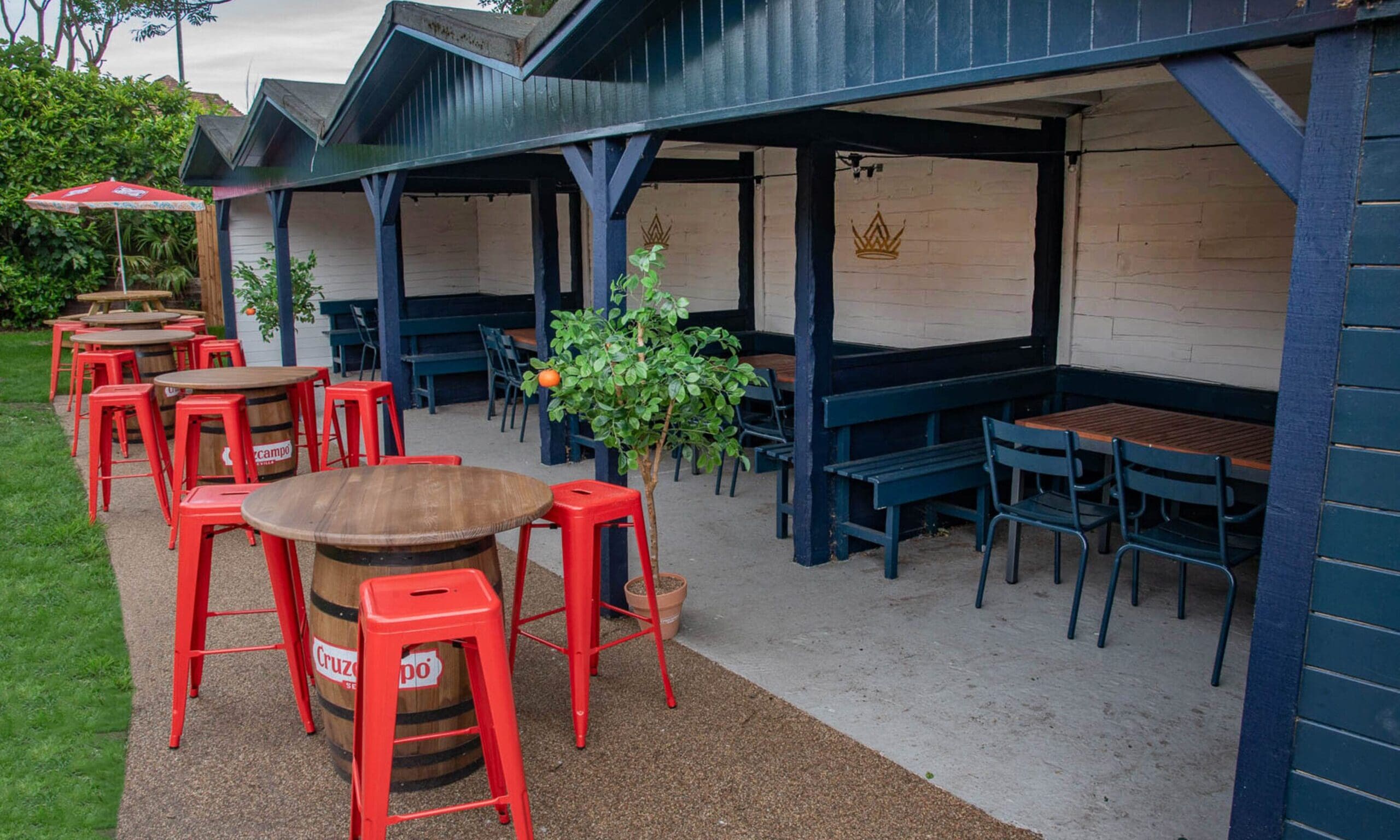Register to get 2 free articles
Reveal the article below by registering for our email newsletter.
Want unlimited access? View Plans
Already have an account? Sign in
Accommodation and food services insolvencies decreased 12% year-on-year from 313 in April 2024 to 275 in April 2025, according to the latest insolvency figures from the government insolvency service.
Insolvencies in the sector also decreased 12% from 3,824 in the 12 months to April 2024 to 3,369 in the 12 months to April 2025.
However, Saxon Moseley, partner and head of leisure and hospitality at RSM UK has warned that a downturn in trade combined with inflationary pressures and global uncertainty could see a return to higher levels of insolvencies in the coming months. Hospitality sales slipped 1% year-on-year according to the CGA RSM Hospitality Business Tracker.
Overall, the number of registered company insolvencies in England and Wales was 2,238 in May 2025, 8% higher than in April 2025 (2,074) and 15% higher than the same month in the previous year (1,946 in May 2024).
Monthly company insolvency numbers in the first five months of 2025 were slightly higher than in 2024 and at a similar level to 2023, which saw a 30-year high annual number of insolvencies.
Company insolvencies in May 2025 consisted of 354 compulsory liquidations, 1,734 creditors’ voluntary liquidations (CVLs), 136 administrations and 14 company voluntary arrangements (CVAs). There were no receivership appointments.
Moseley said: “Restaurant inflation ticked up slightly to 4.0% year-on-year in May, which is likely to be driven by operators passing on higher costs to consumers. However, the risk of putting prices up too much is that it could cause consumers to cut back spending, which could be detrimental to the sector during this crucial summer trading period.
“With consumer confidence continuing to improve and hotter weather in June, it’s hoped we’ll start to see this translate into more spending. The concern will be if inflation persists in areas that directly hits household budgets, this may delay any meaningful recovery in consumer confidence and future spend on eating and drinking out.”


















